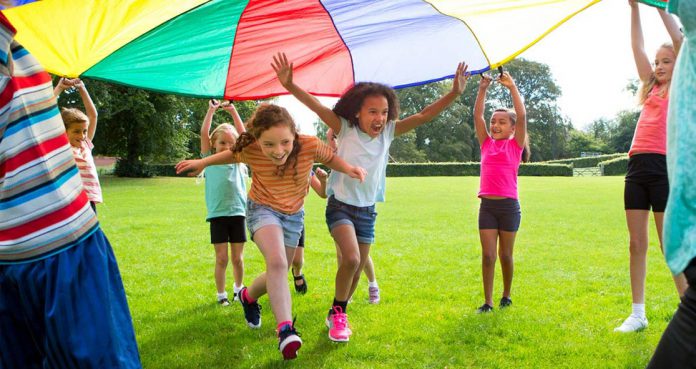We often make a trip into the mountains or to a beach to take a much-needed break from our traditional work schedule and the hustle and bustle of the city. Why we do so? Because we need that physical and mental relaxation, which we get from exposure to blue spaces and green space.
According to a study, kids who do not grow up with regular exposure to nature are vulnerable to health issues that may persist into adulthood.
The findings were published Tuesday in the International Journal of Environmental Health and Public Health.
Researchers at the Barcelona Institute for Global Health looked at more than 3,500 people across four cities in Europe – Barcelona, Spain, the Netherlands, and Stoke-on-Trent. They reported a strong connection between growing up away from nature in childhood and mental health in adulthood.
The scientists found that there is a strong relationship between low exposure to nature during childhood and high levels of nervousness and depression in adulthood.
The director of Barcelona Institute for Global Health and the study co-author Mark Nieuwenhuijsen said that the connection between nature and mental health has been strong.
He said, “What we found is that the childhood experience of green space can actually predict mental health in later life. The people that reported more exposure to nature actually have better mental health than those that don’t even after we adjust for exposure at the time of the interview, when they are adults.”
Although the study does not show the exact cause, first study author Wilma Zijlema explained that there are certain ways to interpret the results. He said many studies have found that nature has the potential to reduce rumination, one of the risk factors of mental illness. Zijlema said spending time in nature is linked with enhanced self-esteem, quality of life, physical activity, and reduced body mass index.
Nieuwenhuijsen presented a study in 2018, which showed that exposure to green space is correlated with structural changes in the brain and enhanced working memory in more than 250 school-going children in Spain.
He explained, “This is just kind of a hypothesis. I think the reason for it is, in general, our brains are still wired for when we were still living in the savannahs and jungles with a lot of nature around us. It’s only the last few hundred years that we have moved into cities. Our brains are not really adjusted to that. It creates a kind of stress, and in particular, there’s a lot of brain development happening at young ages.”
He also explained that polluted cities seem to cause additional tolls on health, which may actually affect cognitive development in children. There is strong evidence that air pollution delays cognitive development in children and causes psychosis in adults.
Zijlema said, “There are also indirect benefits for cognitive development of children, including the mitigation of traffic-related air pollution, reduction of noise, and increased levels of physical activity. We think that through these pathways nature exposure during childhood could lead to benefits that prolong into adulthood.”
In 2018, the Pew Research Center reported that 55 percent of Americans lived in suburban counties and 31 percent lived in urban areas. So, most people cannot spend the majority of their days in the mountains and green spaces. However, in order to protect themselves from potential mental health illnesses, it is important to get regularly exposed to nature.
Zijlema noted, “We cannot really say how much exposure exactly there should be. Children that have poor residential access to nature could certainly benefit from field trips in nature, but it would probably be better if there’s regular exposure at home and school.” She added, “We hope that city mayors, urban planners, and architects realize how important urban nature is, and that they will ensure that nature is accessible for all children so that they can grow up in a healthy environment that can have long-term benefits for their health.”























